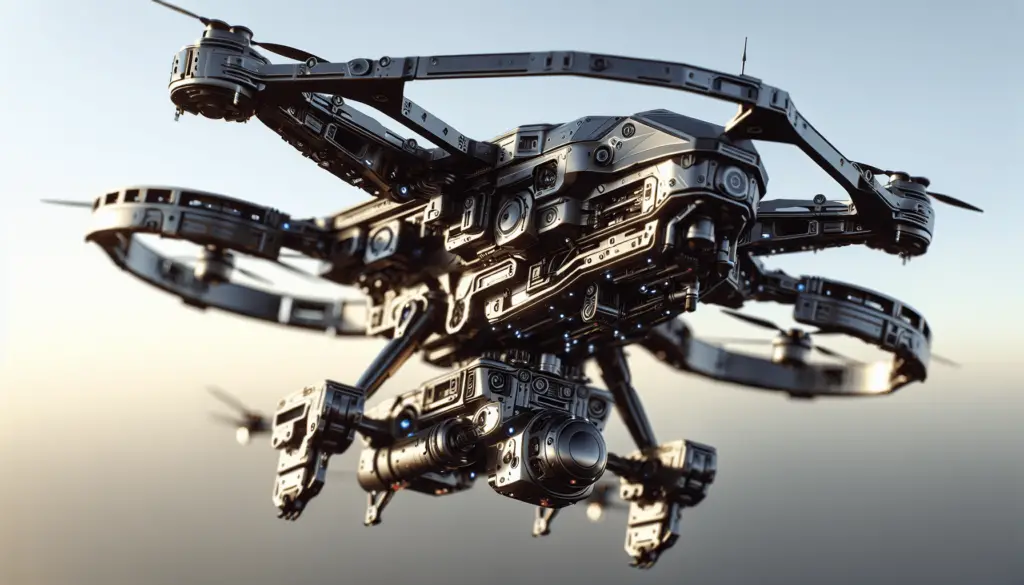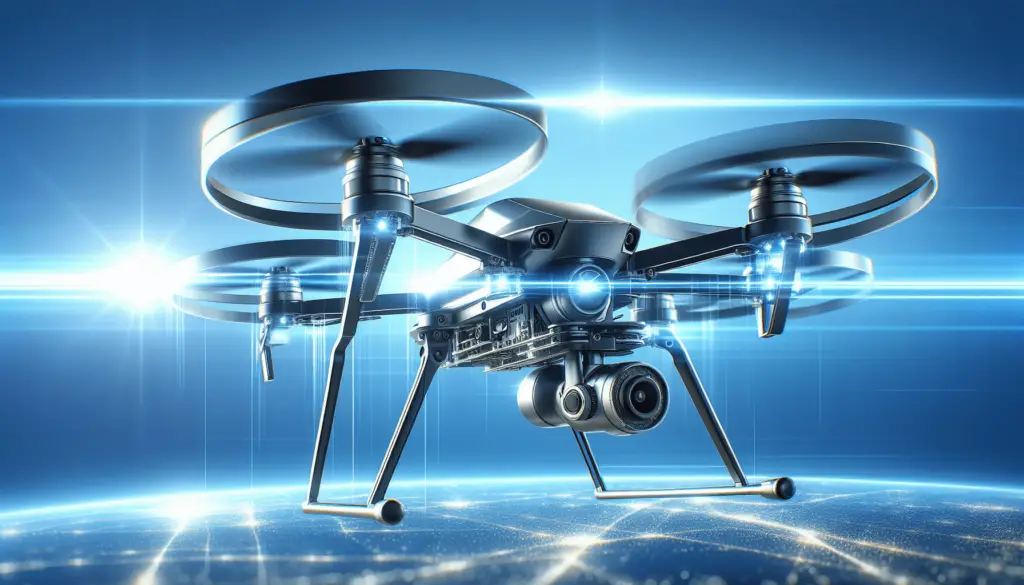Advanced Reconnaissance Techniques For Preppers
Are you interested in enhancing your prepping strategies with advanced reconnaissance techniques? In this article, you will learn various tactics and tools to gather valuable information that can help you be better prepared for any emergency situation.

Understanding the Importance of Reconnaissance
Before diving into advanced reconnaissance techniques, it is crucial to understand why reconnaissance plays a vital role in prepping. By gathering intelligence about potential threats, resources, and terrain, you can make informed decisions that can ultimately save your life in a crisis.
Using Technology for Reconnaissance
In this digital age, technology can be a powerful tool for reconnaissance. Utilizing drones, GPS trackers, and satellite imagery can provide you with valuable information about your surroundings. Make sure to familiarize yourself with these technological tools to enhance your reconnaissance capabilities.
Leveraging Drones for Aerial Surveillance
Drones have become increasingly popular for surveillance purposes due to their ability to capture aerial footage in real-time. By using drones equipped with cameras, you can survey large areas from a safe distance and identify any potential threats or resources in your vicinity.
Harnessing the Power of GPS Trackers
GPS trackers are essential tools for tracking movement and location in real-time. Whether you are monitoring your own movements or tracking potential threats, GPS trackers can provide you with valuable data that can aid in your decision-making process during a crisis.
Analyzing Satellite Imagery for Reconnaissance
Satellite imagery offers a bird’s eye view of the terrain and can provide you with valuable insights into the surrounding area. By analyzing satellite images, you can identify potential water sources, shelter locations, and escape routes in advance, enhancing your preparedness for any situation.
Conducting Ground Reconnaissance Techniques
While technology can be a valuable asset, there are times when you will need to rely on traditional ground reconnaissance techniques. By familiarizing yourself with these methods, you can gather critical information firsthand and make informed decisions based on your observations.

Establishing Observation Posts
Setting up observation posts in strategic locations can help you gather information about your surroundings discreetly. By selecting elevated positions with a clear line of sight, you can observe any potential threats or activities without alerting others to your presence.
Implementing Patrols for Reconnaissance
Conducting regular patrols around your perimeter can help you gather real-time information about any changes in the environment. By establishing patrol routes and schedules, you can cover all areas of interest and maintain situational awareness at all times.
Using Camouflage and Concealment Techniques
To avoid detection during reconnaissance missions, it is essential to master camouflage and concealment techniques. By blending in with your surroundings and remaining unseen, you can gather valuable information without drawing attention to yourself.
Engaging in Social Engineering for Information Gathering
In addition to traditional reconnaissance methods, social engineering can be a valuable tool for gathering information from human sources. By building relationships and establishing trust with individuals in your community, you can obtain valuable insights that can enhance your situational awareness.
Utilizing Open-Source Intelligence (OSINT)
Open-source intelligence, or OSINT, refers to data collected from publicly available sources such as social media, news articles, and government websites. By leveraging OSINT tools and techniques, you can gather valuable information about potential threats, resources, and vulnerabilities that can aid in your prepping efforts.
Creating a Reconnaissance Plan
To effectively incorporate advanced reconnaissance techniques into your prepping strategies, it is essential to create a detailed reconnaissance plan. Identify key objectives, allocate resources, and establish communication protocols to ensure that your reconnaissance efforts are organized and effective.
Establishing Communication Protocols
Communication is key during reconnaissance missions, as it allows you to relay critical information and coordinate with others in your group. Establish clear communication protocols, including designated channels and codes, to ensure that information is transmitted securely and efficiently.
Debriefing and Analysis of Reconnaissance Data
After conducting reconnaissance missions, it is important to debrief and analyze the data gathered to extract valuable insights. Evaluate the effectiveness of your techniques, identify any areas for improvement, and use the information obtained to update your prepping strategies accordingly.
Conclusion
By incorporating advanced reconnaissance techniques into your prepping strategies, you can enhance your situational awareness and be better prepared for any emergency situation that may arise. Remember to stay vigilant, adapt to changing circumstances, and continuously improve your reconnaissance skills to ensure your safety and survival in a crisis.
